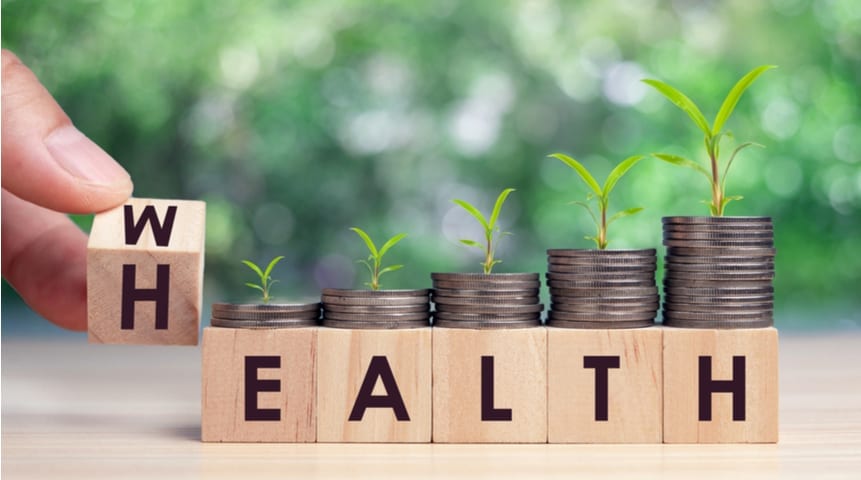
How To Assess Whether You Are In Good Financial Health
How much money do I need to become wealthy?
This is a question often asked by many who believe wealth is measured by the number of material possessions that you have. But truth be told, wealth is subjective and you might be surprised to find out that being wealthy does not necessarily mean you are financially healthy.
Many people are attracted by the prospect of wealth and feel that it is a goal in life they need to achieve. A lot of people are unaware, though, that while wealth is being able to amass a fortune, financial health is a totally different ballgame.
So, how much money do I need to become financially healthy? The answer is, financial health does not rely on how much money you have, rather your capability to manage finances well in terms of spending, resource management, and savings.
A study found that nearly half of every household in major Australian cities live in a state of financial insecurity and are unable to save money for emergencies or have set aside money for the future.
The report also indicated that the spending habits of Australians have changed dramatically over the years. But this may be about to change due to a growing culture of awareness in corporate America regarding financial wellness.
A consumer survey indicated that the top three spending items for Australians are housing at 41%, transportation at 16% and food at 14%. The rest goes to healthcare at 8%, utilities 7%, entertainment 5%, clothing 3%, education 2% and miscellaneous expenses at 3%.
No matter how much money you earn, it is critical to managing your finances effectively and efficiently.
Learn the ropes of being financially healthy
Seek out knowledge on personal finance management through your company’s financial wellness programs for employees. You can get good advice from program consultants on sound advice regarding finance management approaches that are ideal for you.
Make budgeting a way of life
Budgeting lets you take control of spending your money wisely and judiciously. Knowing how much resources are available and know how much you need to spend or save.
Smart spending
Your ability to spend money should be hinged on practical sense and necessity. Prioritize spending on things you need and not what you want.
Don’t make it a habit to spend for something with money that you don’t have, like the constant use of your credit cards. Make sure that you only use your credit card for emergencies.
For fixed costs such as food, housing, and transportation, you can make adjustments from your usual habits that could save you a few dollars.
Make saving a habit
You can always save money and get creative with it. A goal of saving 10% on everything that you spend, but in fact, it is totally up to you.
You can generate savings on utilities by using energy-saving LED lights which lasts longer and could generate savings of up to 20% to 30%.